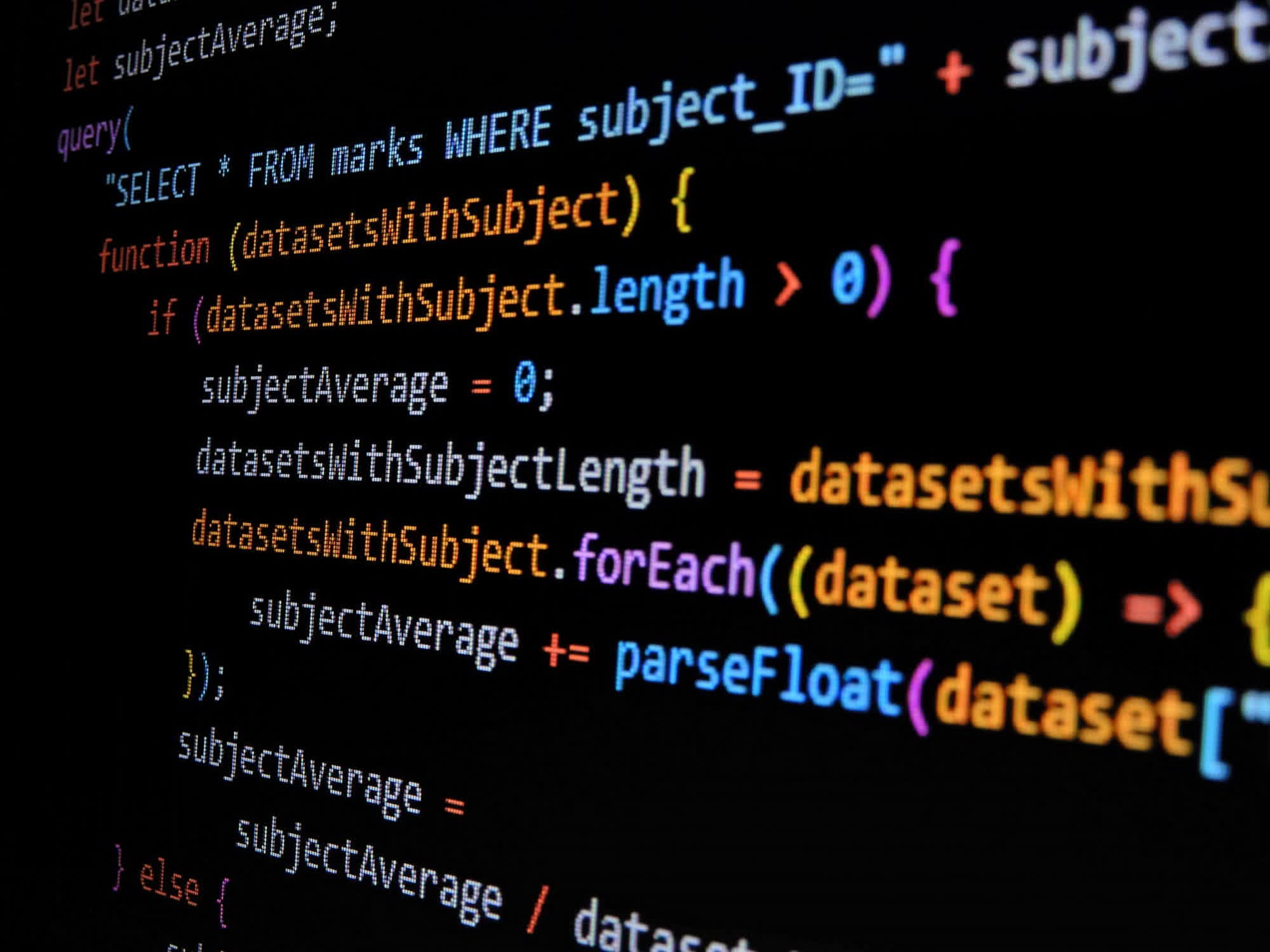Serving tech enthusiasts for over 25 years.
TechSpot means tech analysis and advice you can trust.
In brief: The founders and top researchers of AI coding startup Windsurf have announced that they will join Google's DeepMind team, effectively ending OpenAI's $3 billion bid to purchase the company. Windsurf will remain independent as Google will not be taking a stake and its new licensing deal with the firm is non-exclusive.
Sources told Bloomberg that Google agreed to pay about $2.4 billion to hire Windsurf founders Varun Mohan and Douglas Chen, along with some R&D staff. The Verge reports that the new hires will primarily help develop Google's Gemini AI platform.
Windsurf announced that Jeff Wang, its Head of Business who joined the company in 2023, will take over as interim CEO. Global Sales VP Graham Moreno will serve as president.

Founded in 2021, Windsurf, formerly known as Codeium, raised over $200 million in venture capital from Greenoaks Capital Partners, AIX Ventures, and other investors. A deal with General Catalyst last year valued the AI coding platform at $1.25 billion; the two companies eventually attempted a $3 billion valuation with Kleiner Perkins.
Windsurf agreed to an acquisition by OpenAI at that price earlier this year, but the deal reportedly collapsed over concerns that Microsoft would gain Windsurf's intellectual property. Microsoft's partnership with OpenAI grants it access to the ChatGPT-maker's technology. Buying Windsurf would have helped OpenAI compete with generative AI coding platforms like Microsoft-owned GitHub.
The move by Google is the latest example of a tech giant poaching top talent from a startup without acquiring the company outright. Microsoft, Meta, and other firms have recently made similar deals, likely using the tactic to avoid antitrust scrutiny.
Also read: The rise of AI coding tools: Is English the hot new programming language?
Programming is one of the areas that has seen the most disruption from generative AI. Companies like Windsurf claim that large language models can enable users to write code more quickly than ever using natural language prompts.
Industry figures, including Nvidia CEO Jensen Huang and legendary programmer John Carmack, have hailed AI as a fundamental shift in software design. Microsoft CEO Satya Nadella recently admitted that AI now writes around 30% of the company's code, while CTO Kevin Scott boasted that 95% of code will come from AI by 2030.
However, critics claim that the technology is prone to error and remains inept at certain tasks. A recent paper from the AI research group METR states that, although developers and experts claim the technology speeds up coding by between 10% and 50%, it actually makes programmers about 19% slower.










 English (US) ·
English (US) ·